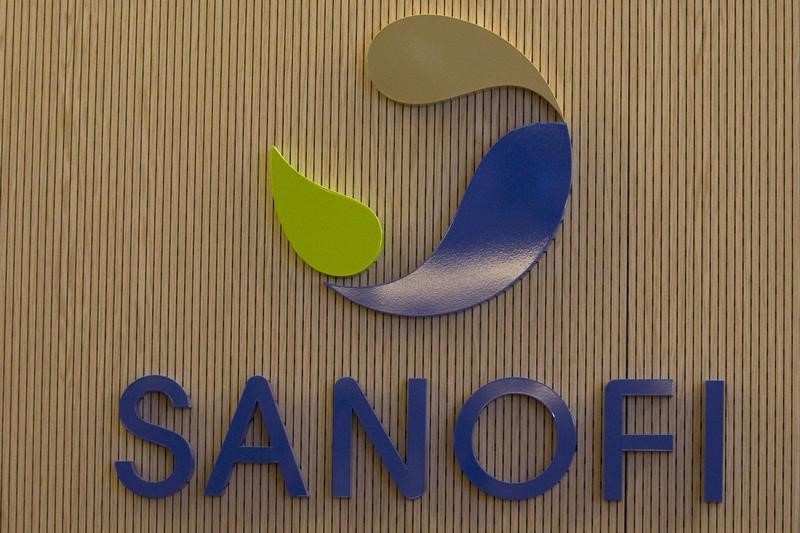PARIS (Reuters) - Sanofi (PA:SASY) could hope to get over 12 billion euros (9 billion pounds) should it decide to sell its Merial animal health unit and its European generics business, and the French drugmaker's new boss is seen as well-placed to find a buyer.
Olivier Brandicourt, who took on the job of chief executive earlier this year, said on Friday at an investor day he hoped to decide on both business activities within a year, confirming recent reports that they were under review.
Analysts had already said that while the company wants to remain diversified management could decide to sell non-core businesses such as these to help fund expansion in other areas.
However, Brandicourt declined to say on Friday if his company was already talking to potential purchasers and would give no further details.
"This is a decision we made very recently," he said.
Sanofi said in a statement that all options would be considered "including retention" for the two activities which it said offered "limited synergies" with its other businesses.
In a previous job at U.S.-based Pfizer (N:PFE), Brandicourt managed the sale of animal health unit Zoetis.
A trader in Paris, who spoke on condition of anonymity, said Merial could be of interest to a private equity fund or to Germany's Bayer (DE:BAYGn), where Olivier Brandicourt held a top position before joining Sanofi, and which also operates animal health activities.
Third-quarter sales in Sanofi's animal health business were up 9.3 percent at constant exchange rates at 607 million euros. The increase was mainly driven by NexGard, a flea and tick product for dogs, and Sanofi expects total revenues for the business to top 2.4 billion euros this year.
"The business is big enough to be floated. They (Sanofi) could also swap assets", a senior source with knowledge of the matter told Reuters when asked about Sanofi's options.
Tim Anderson, an analyst with Bernstein, said Merial could fetch up to 12.5 billion euros on the basis of five times revenue, although he said a sale could represent a risk.
"While investors appreciate a narrowing down of focus and the returns that can come from disposals ... if a company is not a great R&D organisation, it puts future growth at risk because growth will be that much more dependent of R&D," he said.
Sanofi said on Friday annual research and development spending would rise to 6 billion euros by 2020, up from 4.8 billion in 2014.
The generics assets that could be for sale are relatively small scale. Western European sales amounted to just 135 million euros in the third quarter.
